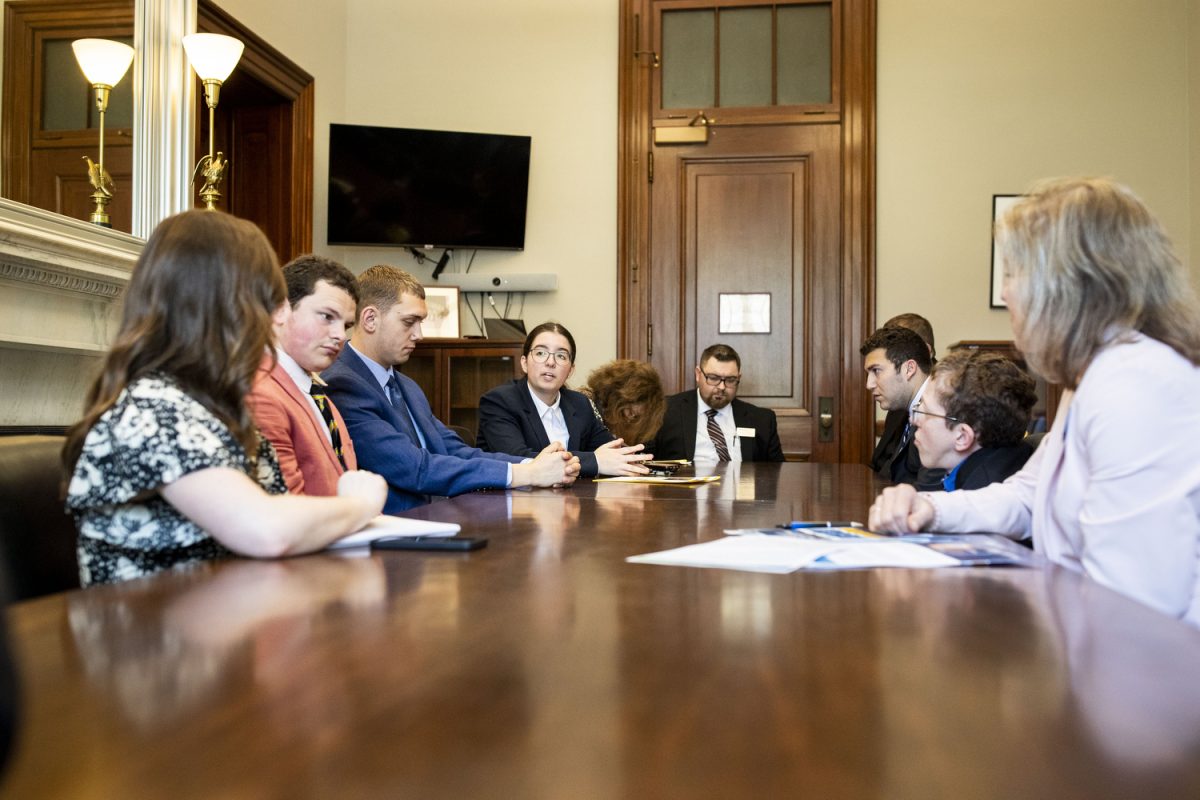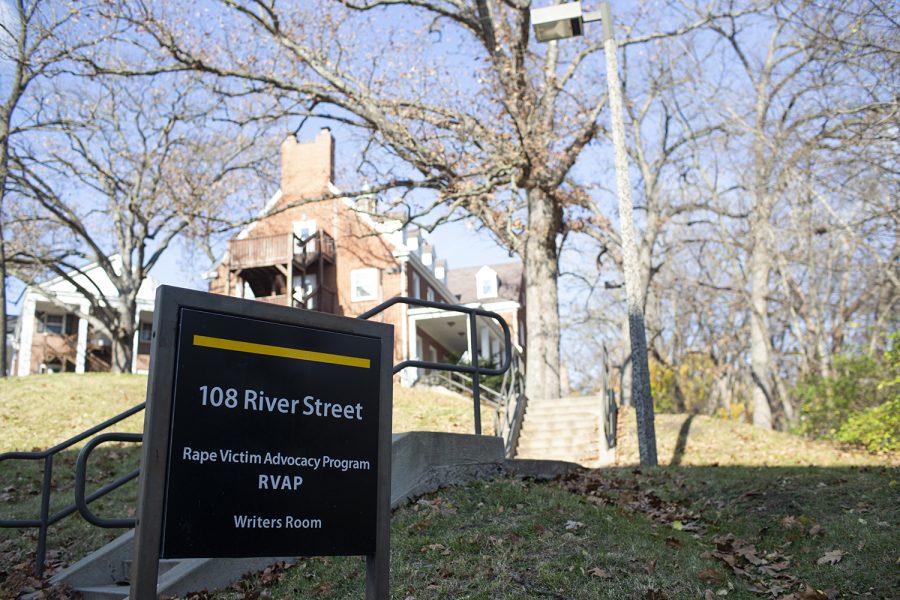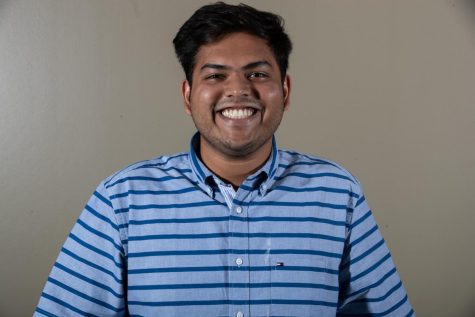A new program created by the University of Iowa will help researchers sell their equipment and technology to other professionals.
MADE is a program that provides an e-commerce website, designed to allow UI staff and faculty to directly sell the technology they have developed and used in practice.
“MADE was found to encourage innovation on campus,” said Jordan Kaufmann, the executive director of MADE. “We are starting in the medical-device space because that’s where we saw the most need on the faculty side to get some of the devices [that they are using to] serve patients.”
The medical devices are designed and used by UI faculty, and MADE will allow other professionals to buy the equipment.
“And so, a lot of times they’re little devices that haven’t been picked up by an outside company, so they haven’t been licensed out [of] the university yet,” Kaufmann said. “This is an avenue to get [the technology] out and then to encourage the faculty to create [new] things that are [helpful for] in this case, patient care.”
All technologies available through MADE are created by UI faculty and are used clinically, Kaufmann said. As of now, the website only offers medical equipment.
“There are many less complex device inventions that are clinically useful but are not attractive to major medical-device companies because the market size is small,” wrote Howard Matthew, the chair of the UI Neurosurgery Department, in an email to The Daily Iowan.
MADE is structured to help faculty, students, and staff learn about the medical-device field through practical experience, he said.
MADE uses students to work on its operation and development, which equips them with great experience, she said. There are four students working on MADE at present.
UI undergraduate Rachel Cron, who worked as the student quality engineer at MADE, followed a quality system manual and conducted analyses for the different devices used.
“I have learned quite a bit from [MADE about] how the process of using material to make a cheaper and better [product],” she said. “It has also been interesting to work with professionals in the medical field.”
Parker Reineke, a former MADE student quality-assurance manager, had a similar experience.
“I helped to create the quality system and worked on production design,” he said. “I learned a lot about FDA regulations, working with doctors.”
He said he wants to see MADE growing and producing more devices that are profitable.
Because medical devices have to be manufactured and produced in accordance with the FDA regulations, it is important to get MADE registered with the FDA, Kaufmann said. MADE cannot market devices that do not fit FDA’s regulatory structures.
“We are the first university to [have a program such as this] for medical devices,” she said.
The revenue generated mainly goes to the departments and the inventors, Kaufmann said.
“I would like to see it expand into other areas of our campus,” she said. “UI faculty have very interesting products and ideas that they’ve developed, and they are [using internally]. So, I’d like to make sure we include a larger portion of faculty.”
MADE launched it its first product last week, an oral airway to support mask inhalation when a patient is ventilated for anesthesia, Kaufmann said.












